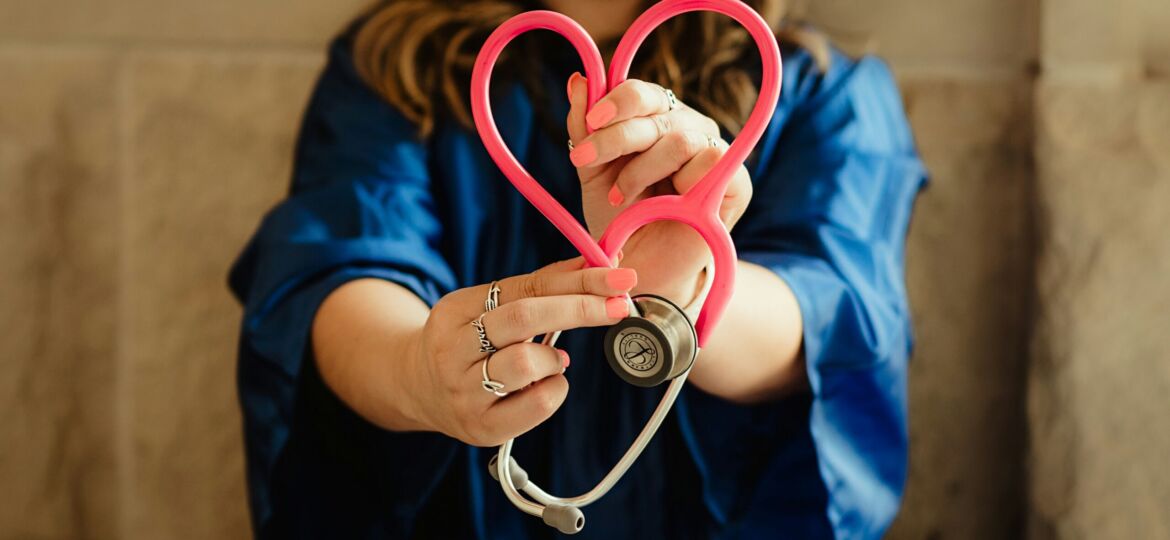
At Pearson Funeral Service, we’re here to explain the practical and legal side of leaving your body to medical research: clearly, compassionately and in plain English.
What Does “Bequeathal” Mean?
Bequeathal, sometimes called ‘donating your body to science’ or ‘whole-body donation’, means leaving your body after death for anatomical teaching, surgical training or medical research. Many people consider this option because it helps train future clinicians and advances medical knowledge.
The Law and Consent: The Most Important Facts
Under UK law, there are strict rules about whole-body donation. In England, Wales and Northern Ireland the Human Tissue Act (HTA) requires that consent for anatomical examination or whole-body donation must be given in writing, signed and witnessed before death. It is not possible for relatives to give consent on someone else’s behalf after death.
If you are considering donation in Scotland, slightly different legislation applies, the bequest office at your chosen Scottish medical school will advise on the correct form and process.
How Body Donation Relates to Organ Donation
Donating your whole body to medical research is a separate process from organ donation. The NHS organ donor register (and the opt-out system for organs in England) does not automatically apply to whole-body bequests. If you wish to give organs or tissues for transplant as well as bequeath your body, you should discuss this when you contact the medical school, because organ removal at death can affect whether the body is suitable for anatomical use.
Practical Points: Acceptance, Suitability and Logistics
- Written & Witnessed Consent: Complete the donation form supplied by the medical school and keep a copy with your will and important documents.
- Suitability Checks: After death the medical school office will usually review medical records and the cause of death to confirm the body is suitable for teaching or research.
- Organ Removal: Major organ removal for transplant often makes a body unsuitable for anatomical purposes. Some donations (for example corneas) may still be compatible. Check with the medical school office.
- Location and Transport: Medical schools normally accept donors from nearby areas; if you live further away you may be asked to cover transport costs or the donation may not be possible.
What the Process Usually Looks Like
- Contact the medical school you wish to use and request their bequeathal pack and consent form.
- Complete the written and witnessed consent form and let your GP, next of kin and funeral director know where your form is kept.
- When you die, the medical school office will be informed, who will check suitability and then, if accepted, will arrange collection and arrange how the body will be cared for and ultimately disposed of (many schools arrange cremation and will advise about cremated remains).
Emotional and Practical Considerations
Leaving your body to science is a generous choice, but it matters that your loved ones understand your wishes to avoid distress at a difficult time. Be clear in writing, keep copies where they can be found and tell family or executors. Ask the medical school about how they manage memorial options and whether cremated remains will be returned.
Alternatives and Compatibility
If you would prefer to donate organs for transplant, register with the NHS Organ Donor Register and discuss your wishes with family. If you want to do research while alive (for example clinical trials or tissue donation) ask your GP or local university about opportunities.
How Pearson Funeral Service Can Help
We can assist by helping you find a medical school to lodge the necessary paperwork, and supporting your family with the practical arrangements at the time of death. If you’d like us to help make enquiries or keep a copy of your bequest form on file, please get in touch with one of the team.
